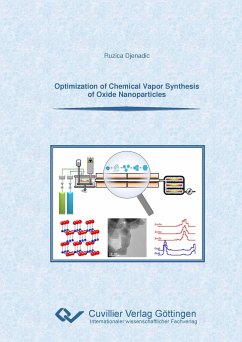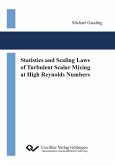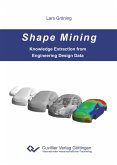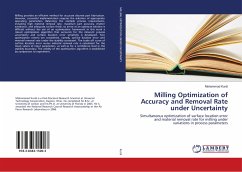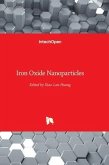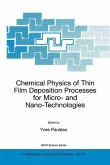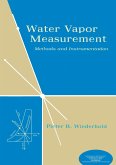The quality and application of nanostructured materials are strongly related to particle and powder characteristics. Powders of small particle size, narrow size distribution, low degree of agglomeration and high purity are typically required for the fabrication of solid nanocrystalline materials and the exploitation of size effects in applications. Chemical vapor synthesis (CVS) is a method for the generation of nanoparticles in the gas phase. Process parameters (temperature, pressure, residence time, precursor concentration, etc.) play an important role. In this work it is shown for TiO2 that the way in which energy is supplied to the reactor and the time-temperature history which the particles experience have sub-stantial influence on the particle generation and powder characteristics. The de-gree of agglomeration can be decreased by using high process temperatures and high quenching rates. A novel method, pulsed precursor delivery using a laser flash evaporator, was developed to feed precursors into a CVS reactor. The degree of particle agglomeration can be significantly reduced by pulsed precursor deli-very. The volatility of precursors used in CVS can limit the number of possible material systems which can be produced as well as their production rate. It is shown that these limitations can be overcome by the use of a laser flash evapora-tor, which enables the production of complex oxides such are Co-doped and Co, Li-doped ZnO. A high solubility of Co in ZnO, where Co is substituting Zn in the wurtzite lattice is achieved. This is the key requirement for the development of di-lute magnetic semiconductors based on Co-doped ZnO.
Hinweis: Dieser Artikel kann nur an eine deutsche Lieferadresse ausgeliefert werden.
Hinweis: Dieser Artikel kann nur an eine deutsche Lieferadresse ausgeliefert werden.

